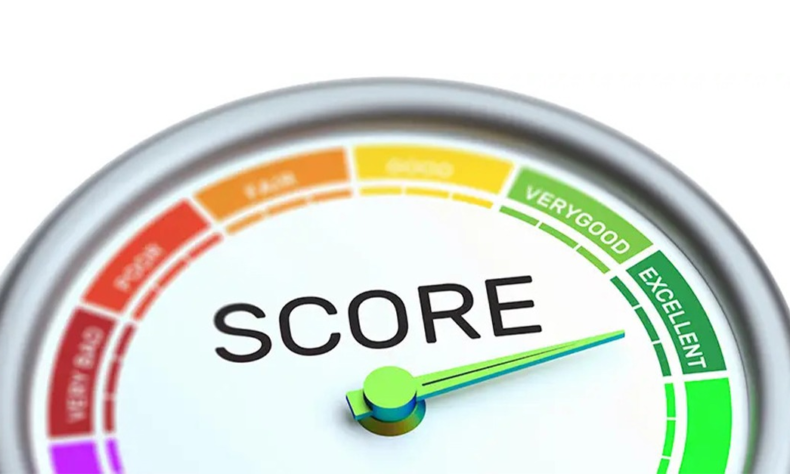
Buying a home is one of the top goals for the majority of Indians. Some see it as an investment that will reap benefits during retirement years; others simply yearn for it to ensure their safety and that of their loved ones. Unfortunately, continuously peaking real estate prices have made it impossible for most homebuyers to afford the entire cost of a home on their own. Today, home loans come to the rescue of the most. However, with loans that involve hefty sums and a long repayment tenor, availing of a low interest rate is crucial to maintain the sustainability and affordability of the loan.
An individual’s CIBIL score is one of the key determining factors that decides the home loan interest rate they will get. The CIBIL score is a three-digit number between 300 and 900 reflective of an individual’s attitude towards debt and their ability to repay debt on time. The closer a person’s CIBIL score is to 900, the better. A high CIBIL score denotes excellent repayment capacity and a responsible and reliable attitude towards credit. A low CIBIL score, on the contrary, is reflective of low creditworthiness and therefore, makes getting approved for a home loan quite difficult. The ideal CIBIL score for home loans is 750. However, some lenders also approve home loan applications from applicants with CIBIL scores between 700 and 749. These lenders however usually remain quite stubborn about not negotiating on the loan terms and conditions.
If you are planning to take a home loan, calculate your CIBIL score beforehand. Go to TransUnion CIBIL’s website and know your CIBIL score and download your CIBIL report by paying a small fee or use one of the many websites that allow potential home loan applicants to check CIBIL online through their PAN details. Go ahead and apply for a home loan only if your CIBIL score is at least 725.
Now, here are a few more things you must know about CIBIL Score.
Crucial CIBIL Score Insights for Home Loan Aspirants
Factors that Affect an Individual’s CIBIL Score
Those trying to build the ideal CIBIL score for home loans must develop an understanding of the factors that contribute to one’s CIBIL score. Here are the factors that affect your score and the extent to which they affect it, expressed in percentage:
- Repayment History (35%)
- Credit Utilization Ratio or Amount Owed (30%)
- Age of Credit History (15%)
- New Credit (10%)
- Credit Mix (10%)
Individuals with a clean repayment history, a low credit utilization ratio and a healthy mix of both secured and unsecured loans who have been using credit for at least a few years but are not excessively dependent on it have good CIBIL scores.
A High CIBIL Score Gives You Leverage and Higher Negotiating Power
Lenders need business and they desire business from individuals who pose minimum risk. Individuals with a high CIBIL score make excellent clients and all lenders want to do business with them. Thus, a high CIBIL score gives loan applicants higher negotiating power and the ability to demand terms and conditions on their loan that will help them repay it easily while keeping the cost of borrowing as low as possible. Individuals with an excellent CIBIL score shouldn’t think twice before asking for a lower interest rate or a longer repayment tenor to ease the burden of loan repayment.
Always Keep Your Lender Informed
An individual’s repayment history makes up 35% of their CIBIL score. It is the key factor that determines their CIBIL score. So, those trying to improve CIBIL score for home loans must always pay their EMIs and credit card bills on time. If you feel that you may find it difficult to honour your EMI commitment for a while, talk to your lender and ask for a moratorium period. This will give you time to get back on track without letting your CIBIL score get ruined. Most lenders are quite understanding and try their best to help home loan borrowers.
Your Account Balance Has no Impact on Your CIBIL Score
This is a common myth that must be clarified. An individual’s account balance may indirectly affect their CIBIL score as it directly affects their ability to repay loans. However, their account balance has no direct bearing on their CIBIL score.
To Sum It Up
The CIBIL score is important and you must check it frequently and take corrective measures from time to time that will help you maintain a strong CIBIL score and avail of loans on the best of loan terms and conditions.


